Here are nine spine surgeons discussing the biggest concerns that keep up at night.
Ask Spine Surgeons is a weekly series of questions posed to spine surgeons around the country about clinical, business and policy issues affecting spine care. We invite all spine surgeon and specialist responses. Next week's question: Where do you see spine research headed in the future?
Please send responses to Laura Miller at laura@beckershealthcare.com by Wednesday, Oct. 10, at 5 p.m. CST.
Q: What concerns about the future of spine surgery keep you awake at night?
Jeffrey Cantor, MD, Founder, South Florida Spine Clinic, Fort Lauderdale: While healthcare reform legislation has been passed, its future is still very much in flux. This affects physicians everywhere.
The insurance industry is becoming increasingly more restrictive. Complex spine-care treatment decisions are being made by doctors who may lack the necessary experience and knowledge.
Due to the uncertain landscape, device manufacturers are going elsewhere. More regulation means greater difficulty in bringing new technologies to market. This poses a serious threat to the U.S. as a leader in healthcare technology.
Healthcare reform needs to come to a final resolution, and soon. Every day that goes by in limbo is a day that adversely affects our bottom line and our ability to innovate.
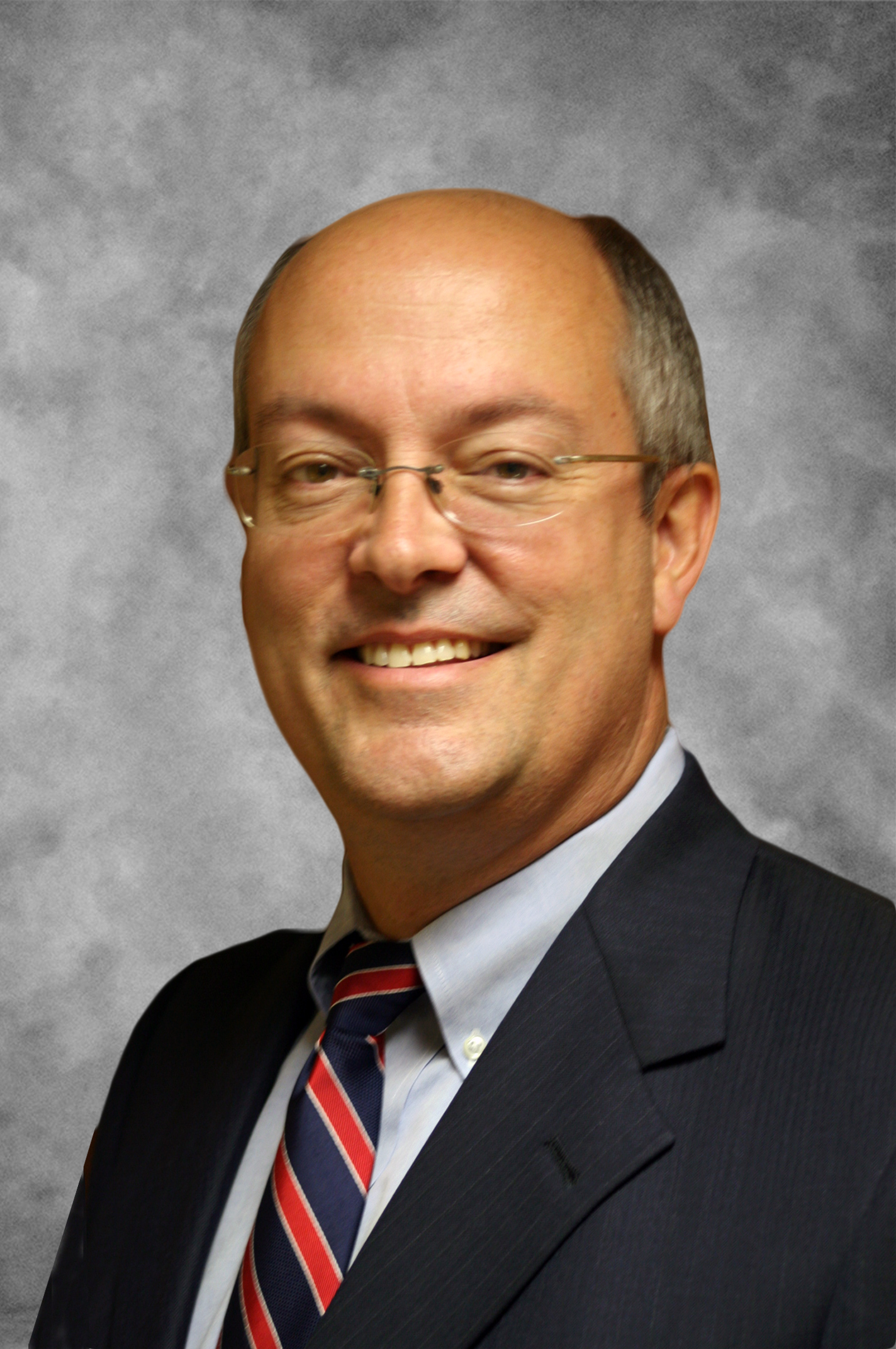 Dennis Crandall, MD, Founder and Medical Director of Sonoran Spine Center, Mesa, Ariz.: Not having any rights as a physician practicing under Obamacare. Not being able to afford to keep seeing the volume and complex patients I currently see. Patients losing access to specialty care. ACOs that pit physician against physician. Having to become a hospital employee.
Dennis Crandall, MD, Founder and Medical Director of Sonoran Spine Center, Mesa, Ariz.: Not having any rights as a physician practicing under Obamacare. Not being able to afford to keep seeing the volume and complex patients I currently see. Patients losing access to specialty care. ACOs that pit physician against physician. Having to become a hospital employee.
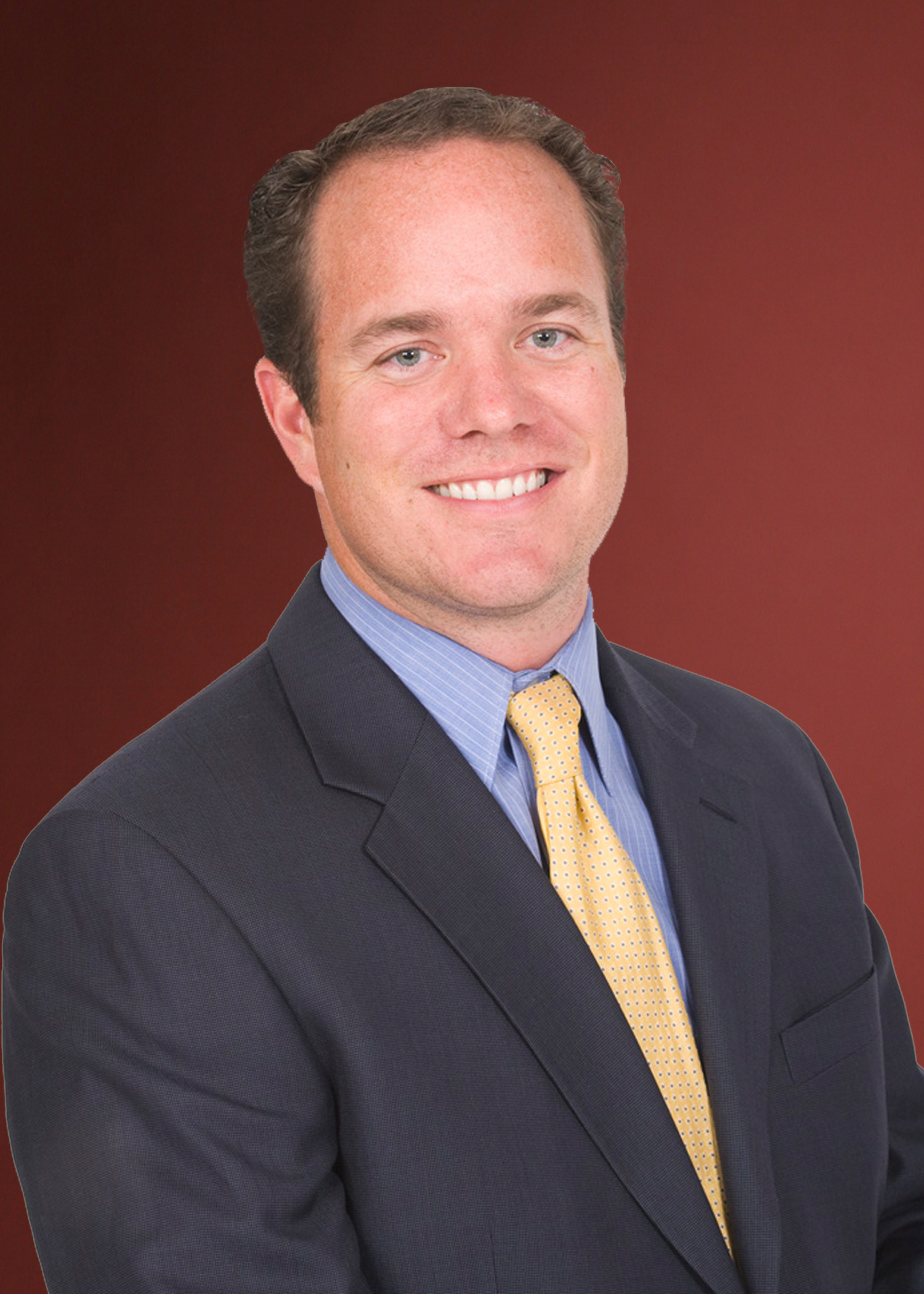
Michael Duffy, MD, Spine Surgeon, Texas Back Institute, Plano: The future of the practice of medicine is in jeopardy across the board. First and foremost, there is an impending shortage of physicians on the horizon for a rapidly growing and aging population due to the boom of birthrates between 1946 and 1964. This, combined with less students seeking a career in medicine, creates a seemingly insolvable situation for healthcare delivery- enough to keep any physician or patient awake at night.
In regard to spinal surgery, I feel that our choices as physicians have started and will continue to be limited. Surgical decision making is guided more and more by boardroom policy based on poorly interpreted data. Patient care is directly impacted. The demand for "level of evidence" in our clinical data is becoming a mantra that haunts procedures and devices that inherently cannot afford the steep price tag of such a study; therefore clinical applications of these well-accepted treatments are being scrutinized and potentially not reimbursed by third parties. Also, new product development is considerably slowed due to federal tight-hold on the processes and regulations required to create advancement.
These are definitely troubling times which require all physicians to take note. Utilization and support of our governing bodies such as national, state and local medical associations, and more importantly our national specialty groups such as the North American Spine Society, is vital to help mold real change in the proper direction.
Walter Eckman, MD, Founder, Aurora Spine Center, Tupelu, Miss.: Less approval for surgical treatment of chronic low back pain.
Brian R. G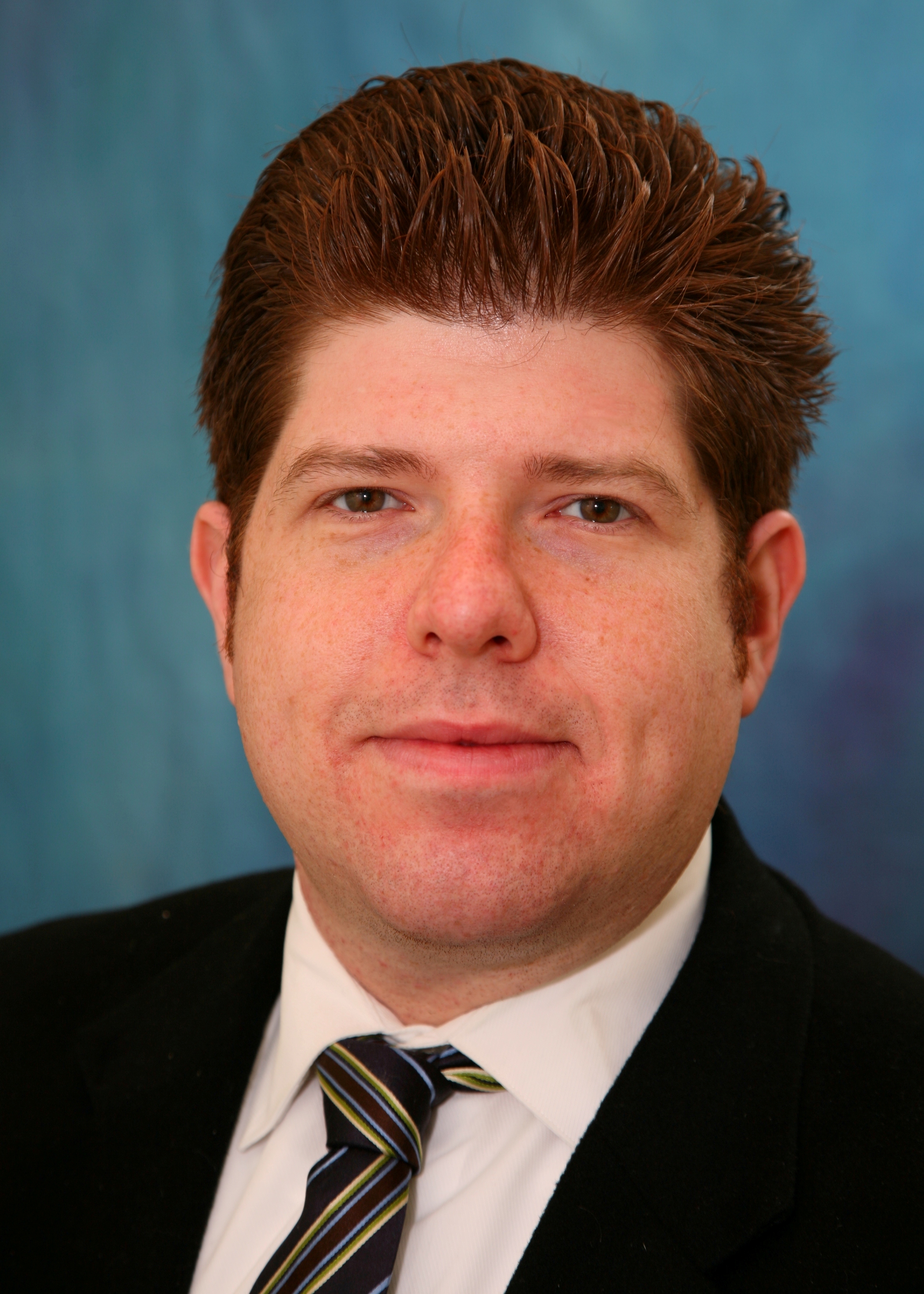 antwerker, MD, Spine Surgeon, The Craniospinal Center of Los Angeles: The pressure to joint hospitals and hospital-run ACOs that will make spine surgeons a commodity rather than an asset. The continued free-roaming fraud that insurance companies perpetrate when your services are not remunerated in a timely and reasonable fashion.
antwerker, MD, Spine Surgeon, The Craniospinal Center of Los Angeles: The pressure to joint hospitals and hospital-run ACOs that will make spine surgeons a commodity rather than an asset. The continued free-roaming fraud that insurance companies perpetrate when your services are not remunerated in a timely and reasonable fashion.
Andrew C. Hecht, MD, Co-Chief, Orthopedic Spine Surgery, Mount Sinai School of Medicine, New York City: One of my concerns is the increasing extent that insurance companies are going to deny care to patients both preoperatively as well as postoperatively. I am also concerned about the diminishing access to care and lack of unity amongst physicians in expressing and organizing for their concerns for these disturbing insurance practices. It has become increasingly complicated and difficult to get insurance companies to approve our procedures and even then sometimes they are denied on the back end.
as well as postoperatively. I am also concerned about the diminishing access to care and lack of unity amongst physicians in expressing and organizing for their concerns for these disturbing insurance practices. It has become increasingly complicated and difficult to get insurance companies to approve our procedures and even then sometimes they are denied on the back end.
Very often when you confront an insurance company about these denials, you aren't talking to someone who understands the medical side of things. I might be talking to an obstetrician when I'm trying to get spine surgery approved.
Hopefully in the future the spine surgical community and the societies can put up a united approach to protect our patients' well being because this is becoming a very complicated process for helping patients.
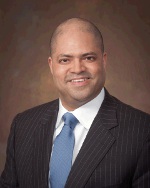 Avery Jackson, MD, CEO & Medical Director, Michigan Neurosurgical Institute, Grand Blanc: One of my concerns is vertebral compression fractures (VCFs) or fragility fractures in the elderly population. We know that this is a large population which is growing rapidly and yet they aren't really getting the care they need or deserve. More than 700,000 patients yearly develop compression fractures due to conditions such as underlying osteoporosis. There was a study in 2007 by the Department of Health and Human Services and they found there is a failure to diagnose and treat patients with osteoporosis.
Avery Jackson, MD, CEO & Medical Director, Michigan Neurosurgical Institute, Grand Blanc: One of my concerns is vertebral compression fractures (VCFs) or fragility fractures in the elderly population. We know that this is a large population which is growing rapidly and yet they aren't really getting the care they need or deserve. More than 700,000 patients yearly develop compression fractures due to conditions such as underlying osteoporosis. There was a study in 2007 by the Department of Health and Human Services and they found there is a failure to diagnose and treat patients with osteoporosis.
While we are seeing more compression fractures on one end, on the other we aren't doing a great job of treating these fractures. More specifically, when we look at these patients, our indications are primarily for pain when we are able to treat them. However, other considerations – such as quality of life, height restoration, and increasing a patients mobility – should be considered when determining the best course of treatment.
For some patients, surgical augmentation (vertebropasty and balloon kyphoplasty) should be considered. The criteria developed in vertebroplasty literature found that patients with pain for less than a year and an age of 60 or greater tend to do very well with a vertebroplasty or kyphoplasty.
In 2009, there were two papers that looked at vertebroplasty and basically said these procedures are no better than sham procedures or placebos in providing pain relief for patients with VCFs. That really had an impact on referral patterns and what the primary care physicians thought about treatment for their patients, but these studies had flaws. Since then, level 1 and level 2 evidence has been published in several leading medical journals saying treatment of compression fracture with vertebroplasty and kyphoplasty can render some relief. Additionally, there is also strong data supporting the use of kyphoplasty to restore height and improve mobility.
With kyphoplasty, you are placing a needle and then a balloon and you are going to work on elevating that fracture so you can get it back to the normal height. When you gain height and then you place the cement and freeze the new position, you are going to mitigate the pathologic forces that create the additional compression fractures.
In the future, we need to vet out the usefulness of performing these procedures in patients who don't have pain. For now, we are treating patients who have pain with their compression fracture, and these procedures have a low complication rate.
Richard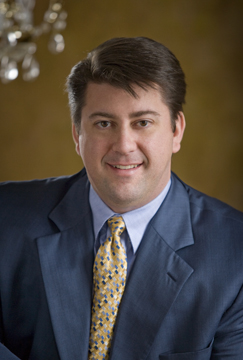 Kube, MD, Founder & CEO, Prairie Spine and Pain Institute, Peoria, Ill.: More than any real specific issue, it is just the absolute uncertainty of things that is most difficult to address. With the constant change in regulations, e.g. passing Obamacare, then the Supreme Court decision and now the discussions regarding repeal; it is hard to plan for one's business. Making any financial investment into a medical practice is increasingly difficult when any given day could see legislation that completely changes the rules. It either delays new and valuable services being provided to patients or it creates the stress of financial uncertainty upon the medical practice that implements the new service.
Kube, MD, Founder & CEO, Prairie Spine and Pain Institute, Peoria, Ill.: More than any real specific issue, it is just the absolute uncertainty of things that is most difficult to address. With the constant change in regulations, e.g. passing Obamacare, then the Supreme Court decision and now the discussions regarding repeal; it is hard to plan for one's business. Making any financial investment into a medical practice is increasingly difficult when any given day could see legislation that completely changes the rules. It either delays new and valuable services being provided to patients or it creates the stress of financial uncertainty upon the medical practice that implements the new service.
David Rogers, MD, Spine Surgeon, The Rogers Spine Surgery Institute, Glendale, Calif.: As a caring, ethical and moral spine surgeon, the number one concern continues to be patient care. I want to provide care that will optim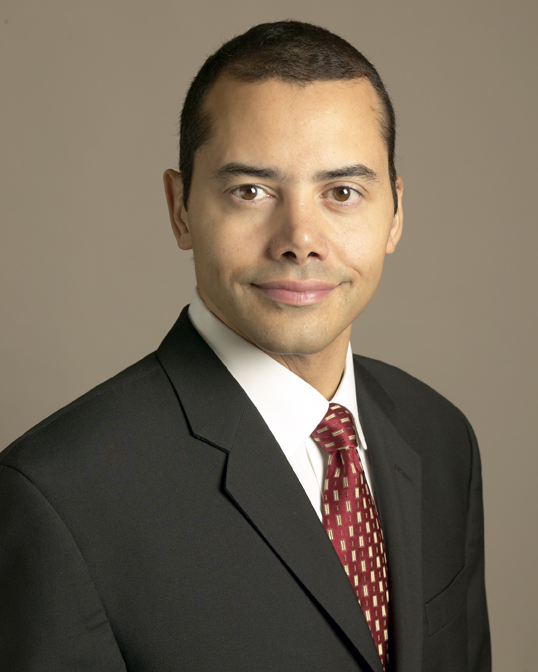 ize the patient's well-being, which includes providing the latest advances in technology and good care. Spine surgery has seen a lot of evolution and growth with regard to advancing techniques and treatment strategies that are both operative and nonoperative. It takes a significant amount of time and thought to ensure we are doing the best we can for patients.
ize the patient's well-being, which includes providing the latest advances in technology and good care. Spine surgery has seen a lot of evolution and growth with regard to advancing techniques and treatment strategies that are both operative and nonoperative. It takes a significant amount of time and thought to ensure we are doing the best we can for patients.
The other present concerns we have are insurance-related and reimbursement issues. We see a decline in insurance company payments for spine surgeries and associated postoperative care. For those of us who are in private practice, we are seeing other costs increase (as would be expected) for office space, staff and equipment. We see another concern in what appears to be a growing amount of paperwork-related tasks. Insurance companies are frequently requiring more extensive paperwork to be filled out. We are also being asked to complete more paperwork in the hospital and office settings. Of course, every job requires paperwork to some degree, and the amount of paperwork that is required for physicians and spine surgeons continues to grow. The problem isn't just the paperwork — it's the stacks of paperwork that we are asked to complete in our roles as spine surgeons. We are trying to evaluate how much electronic medical records will be able to help with decreasing our paperwork.
We also have concerns about healthcare reform. We know we are in a very volatile and changing healthcare environment in terms of healthcare delivery, but the ultimate direction we will go in is not entirely clear at this time.
More Articles on Spine Surgeons:
6 Spine Surgeons on Most Exciting Technology for the Future
How to Keep Costs Down: 3 Spine Surgeons on Their Tactics
7 Biggest Opportunities or Growth in Spinal Surgery
Ask Spine Surgeons is a weekly series of questions posed to spine surgeons around the country about clinical, business and policy issues affecting spine care. We invite all spine surgeon and specialist responses. Next week's question: Where do you see spine research headed in the future?
Please send responses to Laura Miller at laura@beckershealthcare.com by Wednesday, Oct. 10, at 5 p.m. CST.
Q: What concerns about the future of spine surgery keep you awake at night?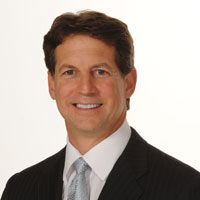
Jeffrey Cantor, MD, Founder, South Florida Spine Clinic, Fort Lauderdale: While healthcare reform legislation has been passed, its future is still very much in flux. This affects physicians everywhere.
The insurance industry is becoming increasingly more restrictive. Complex spine-care treatment decisions are being made by doctors who may lack the necessary experience and knowledge.
Due to the uncertain landscape, device manufacturers are going elsewhere. More regulation means greater difficulty in bringing new technologies to market. This poses a serious threat to the U.S. as a leader in healthcare technology.
Healthcare reform needs to come to a final resolution, and soon. Every day that goes by in limbo is a day that adversely affects our bottom line and our ability to innovate.
 Dennis Crandall, MD, Founder and Medical Director of Sonoran Spine Center, Mesa, Ariz.: Not having any rights as a physician practicing under Obamacare. Not being able to afford to keep seeing the volume and complex patients I currently see. Patients losing access to specialty care. ACOs that pit physician against physician. Having to become a hospital employee.
Dennis Crandall, MD, Founder and Medical Director of Sonoran Spine Center, Mesa, Ariz.: Not having any rights as a physician practicing under Obamacare. Not being able to afford to keep seeing the volume and complex patients I currently see. Patients losing access to specialty care. ACOs that pit physician against physician. Having to become a hospital employee.
Michael Duffy, MD, Spine Surgeon, Texas Back Institute, Plano: The future of the practice of medicine is in jeopardy across the board. First and foremost, there is an impending shortage of physicians on the horizon for a rapidly growing and aging population due to the boom of birthrates between 1946 and 1964. This, combined with less students seeking a career in medicine, creates a seemingly insolvable situation for healthcare delivery- enough to keep any physician or patient awake at night.
In regard to spinal surgery, I feel that our choices as physicians have started and will continue to be limited. Surgical decision making is guided more and more by boardroom policy based on poorly interpreted data. Patient care is directly impacted. The demand for "level of evidence" in our clinical data is becoming a mantra that haunts procedures and devices that inherently cannot afford the steep price tag of such a study; therefore clinical applications of these well-accepted treatments are being scrutinized and potentially not reimbursed by third parties. Also, new product development is considerably slowed due to federal tight-hold on the processes and regulations required to create advancement.
These are definitely troubling times which require all physicians to take note. Utilization and support of our governing bodies such as national, state and local medical associations, and more importantly our national specialty groups such as the North American Spine Society, is vital to help mold real change in the proper direction.
Walter Eckman, MD, Founder, Aurora Spine Center, Tupelu, Miss.: Less approval for surgical treatment of chronic low back pain.
Brian R. G
 antwerker, MD, Spine Surgeon, The Craniospinal Center of Los Angeles: The pressure to joint hospitals and hospital-run ACOs that will make spine surgeons a commodity rather than an asset. The continued free-roaming fraud that insurance companies perpetrate when your services are not remunerated in a timely and reasonable fashion.
antwerker, MD, Spine Surgeon, The Craniospinal Center of Los Angeles: The pressure to joint hospitals and hospital-run ACOs that will make spine surgeons a commodity rather than an asset. The continued free-roaming fraud that insurance companies perpetrate when your services are not remunerated in a timely and reasonable fashion.Andrew C. Hecht, MD, Co-Chief, Orthopedic Spine Surgery, Mount Sinai School of Medicine, New York City: One of my concerns is the increasing extent that insurance companies are going to deny care to patients both preoperatively
 as well as postoperatively. I am also concerned about the diminishing access to care and lack of unity amongst physicians in expressing and organizing for their concerns for these disturbing insurance practices. It has become increasingly complicated and difficult to get insurance companies to approve our procedures and even then sometimes they are denied on the back end.
as well as postoperatively. I am also concerned about the diminishing access to care and lack of unity amongst physicians in expressing and organizing for their concerns for these disturbing insurance practices. It has become increasingly complicated and difficult to get insurance companies to approve our procedures and even then sometimes they are denied on the back end. Very often when you confront an insurance company about these denials, you aren't talking to someone who understands the medical side of things. I might be talking to an obstetrician when I'm trying to get spine surgery approved.
Hopefully in the future the spine surgical community and the societies can put up a united approach to protect our patients' well being because this is becoming a very complicated process for helping patients.
 Avery Jackson, MD, CEO & Medical Director, Michigan Neurosurgical Institute, Grand Blanc: One of my concerns is vertebral compression fractures (VCFs) or fragility fractures in the elderly population. We know that this is a large population which is growing rapidly and yet they aren't really getting the care they need or deserve. More than 700,000 patients yearly develop compression fractures due to conditions such as underlying osteoporosis. There was a study in 2007 by the Department of Health and Human Services and they found there is a failure to diagnose and treat patients with osteoporosis.
Avery Jackson, MD, CEO & Medical Director, Michigan Neurosurgical Institute, Grand Blanc: One of my concerns is vertebral compression fractures (VCFs) or fragility fractures in the elderly population. We know that this is a large population which is growing rapidly and yet they aren't really getting the care they need or deserve. More than 700,000 patients yearly develop compression fractures due to conditions such as underlying osteoporosis. There was a study in 2007 by the Department of Health and Human Services and they found there is a failure to diagnose and treat patients with osteoporosis.While we are seeing more compression fractures on one end, on the other we aren't doing a great job of treating these fractures. More specifically, when we look at these patients, our indications are primarily for pain when we are able to treat them. However, other considerations – such as quality of life, height restoration, and increasing a patients mobility – should be considered when determining the best course of treatment.
For some patients, surgical augmentation (vertebropasty and balloon kyphoplasty) should be considered. The criteria developed in vertebroplasty literature found that patients with pain for less than a year and an age of 60 or greater tend to do very well with a vertebroplasty or kyphoplasty.
In 2009, there were two papers that looked at vertebroplasty and basically said these procedures are no better than sham procedures or placebos in providing pain relief for patients with VCFs. That really had an impact on referral patterns and what the primary care physicians thought about treatment for their patients, but these studies had flaws. Since then, level 1 and level 2 evidence has been published in several leading medical journals saying treatment of compression fracture with vertebroplasty and kyphoplasty can render some relief. Additionally, there is also strong data supporting the use of kyphoplasty to restore height and improve mobility.
With kyphoplasty, you are placing a needle and then a balloon and you are going to work on elevating that fracture so you can get it back to the normal height. When you gain height and then you place the cement and freeze the new position, you are going to mitigate the pathologic forces that create the additional compression fractures.
In the future, we need to vet out the usefulness of performing these procedures in patients who don't have pain. For now, we are treating patients who have pain with their compression fracture, and these procedures have a low complication rate.
Richard
 Kube, MD, Founder & CEO, Prairie Spine and Pain Institute, Peoria, Ill.: More than any real specific issue, it is just the absolute uncertainty of things that is most difficult to address. With the constant change in regulations, e.g. passing Obamacare, then the Supreme Court decision and now the discussions regarding repeal; it is hard to plan for one's business. Making any financial investment into a medical practice is increasingly difficult when any given day could see legislation that completely changes the rules. It either delays new and valuable services being provided to patients or it creates the stress of financial uncertainty upon the medical practice that implements the new service.
Kube, MD, Founder & CEO, Prairie Spine and Pain Institute, Peoria, Ill.: More than any real specific issue, it is just the absolute uncertainty of things that is most difficult to address. With the constant change in regulations, e.g. passing Obamacare, then the Supreme Court decision and now the discussions regarding repeal; it is hard to plan for one's business. Making any financial investment into a medical practice is increasingly difficult when any given day could see legislation that completely changes the rules. It either delays new and valuable services being provided to patients or it creates the stress of financial uncertainty upon the medical practice that implements the new service.David Rogers, MD, Spine Surgeon, The Rogers Spine Surgery Institute, Glendale, Calif.: As a caring, ethical and moral spine surgeon, the number one concern continues to be patient care. I want to provide care that will optim
 ize the patient's well-being, which includes providing the latest advances in technology and good care. Spine surgery has seen a lot of evolution and growth with regard to advancing techniques and treatment strategies that are both operative and nonoperative. It takes a significant amount of time and thought to ensure we are doing the best we can for patients.
ize the patient's well-being, which includes providing the latest advances in technology and good care. Spine surgery has seen a lot of evolution and growth with regard to advancing techniques and treatment strategies that are both operative and nonoperative. It takes a significant amount of time and thought to ensure we are doing the best we can for patients.The other present concerns we have are insurance-related and reimbursement issues. We see a decline in insurance company payments for spine surgeries and associated postoperative care. For those of us who are in private practice, we are seeing other costs increase (as would be expected) for office space, staff and equipment. We see another concern in what appears to be a growing amount of paperwork-related tasks. Insurance companies are frequently requiring more extensive paperwork to be filled out. We are also being asked to complete more paperwork in the hospital and office settings. Of course, every job requires paperwork to some degree, and the amount of paperwork that is required for physicians and spine surgeons continues to grow. The problem isn't just the paperwork — it's the stacks of paperwork that we are asked to complete in our roles as spine surgeons. We are trying to evaluate how much electronic medical records will be able to help with decreasing our paperwork.
We also have concerns about healthcare reform. We know we are in a very volatile and changing healthcare environment in terms of healthcare delivery, but the ultimate direction we will go in is not entirely clear at this time.
More Articles on Spine Surgeons:
6 Spine Surgeons on Most Exciting Technology for the Future
How to Keep Costs Down: 3 Spine Surgeons on Their Tactics
7 Biggest Opportunities or Growth in Spinal Surgery


